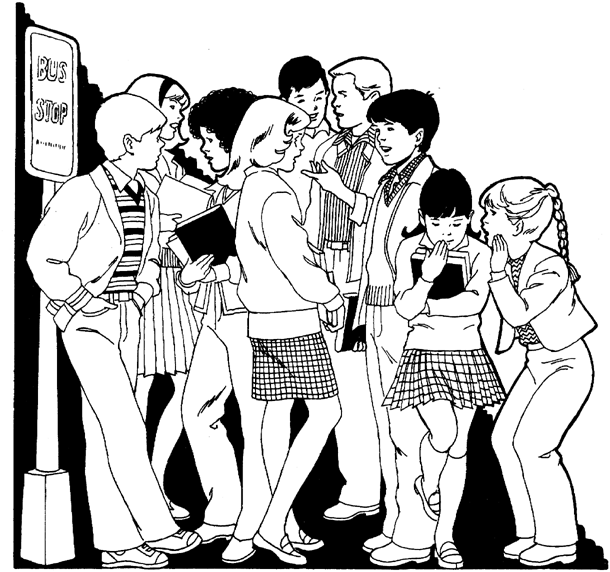The University Record, September 13, 1999 By Amy Reyes
News and Information Services

When therapists treat patients suffering from depression, they usually focus on three key elements associated with depression—social support, conflict and loneliness. But a new School of Nursing study finds that feeling as if you belong is crucial in overcoming depression.
“Researchers tend to focus much of their attention on social support, but we found that a low sense of belonging was a much stronger predictor of depression than social support,” says Reg A. Williams, associate professor of nursing and co-author of the study that appeared in the July/August issue of Nursing Research.
The study is based on the results of analysis of 31 clients diagnosed with and in treatment for major depression and 379 community college students. The clients were ages 21–75 years old. Of the 31 clients, 51 percent were married and 64.5 percent were women.
The community college students were 18–72; 59 percent were women. For the women, 68 percent were single and 8.2 percent of the single women were involved in a serious relationship. There was a history of psychiatric treatment in 24 percent of the students.
Williams and Bonnie M. Hagerty, associate professor of nursing and senior author of the study, analyzed the impact of a psychological sense of belonging, social support, conflict and loneliness on depression.
Other researchers have determined that having strong social support is a key factor in treating depression. But the researchers found that regardless of how strong your social support network is—or in other words, regardless of how many friends you have or how often you socialize with them—if you don’t feel as if you belong, your social support system will have little impact on depression outcomes.
People who have a low sense of belonging tend to endorse or agree with statements such as “If I died tomorrow, very few people would come to my funeral” and “I feel like a square peg trying to fit into a round hole,” Williams says. People who endorse a statement such as “I generally feel that people accept me” have a higher sense of belonging, he says.
The researchers used a method called “path analysis” to evaluate four factors that lead to depression–sense of belonging, social support, conflict and loneliness.
Strong social support indirectly played a role in reducing depressive symptoms. And while, a low sense of belonging, loneliness and conflict directly played a role in overcoming depression, none of these factors led as directly to depression, or in as great numbers, as did the sense of belonging.
Major depressive disorder is characterized by persistent depressed mood or sadness lasting greater than two weeks, loss of interest in usual activities, weight loss, sleep disturbances, fatigue, hyperactive or slowed behavior, decreased sexual drive, feelings of worthlessness, difficulty concentrating or making decisions, and recurrent suicidal thoughts.
The disease isn’t always easily detected by friends or family members because those who suffer from depression often try to hide it. “One of the things that happens with depression is that they think that no one cares and they can hide how depressed they are from people around them. Clients talked about giving an ‘academy award’ performance in front of their friends and then going home to crash,” Williams said.
“Our research implies that therapists must recognize that the need to get connected with others is paramount in recovering from depression. That idea that you should just go out and have fun with your friends is not an answer. You really have to work on relationships.”

